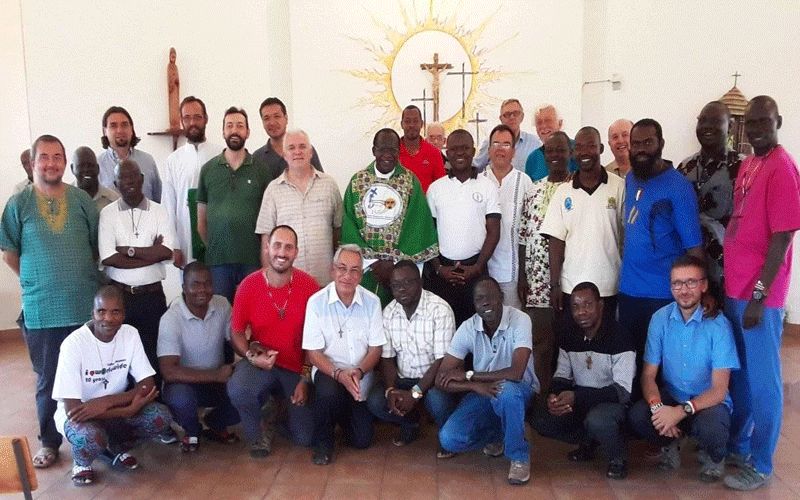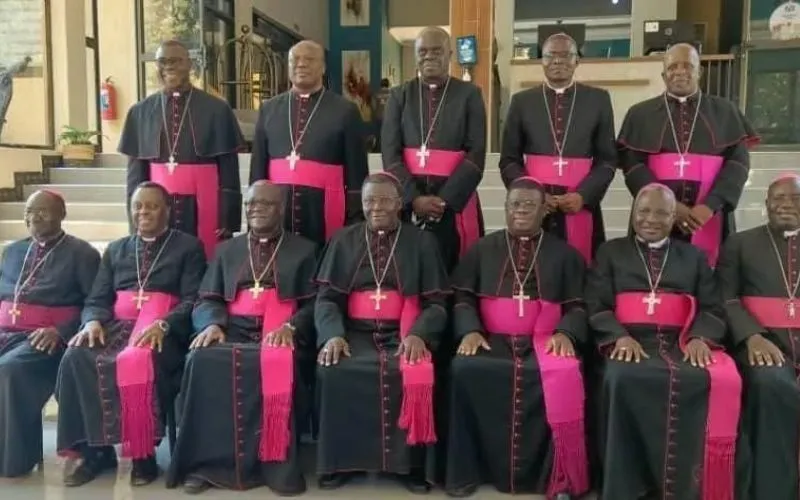Juba, 22 January, 2020 / 1:40 am (ACI Africa).
Since the founder of the Comboni Missionaries of the Heart of Jesus and the Comboni Missionary Sisters (Verona Fathers and Sisters), Italian-born St. Daniel Comboni launched his plan “save Africa through Africa” and was consecrated Bishop as Vicar Apostolic of Central Africa in the second half of the nineteenth century, his institute has had an outstanding legacy in Sudan and South Sudan through the activities of its members.
In an interview with ACI Africa correspondent in South Sudan, the Provincial Superior of the Comboni Fathers and Brothers in the world’s youngest country, Fr. Louis Tony Okot recounted the contribution of his confreres in the evangelization ministry in the nation, highlighting education, health, and the administration of Sacraments. He also recounted the challenges the missionaries face.
“In education, there are many people who have passed through our schools, starting from nursery to primary, going through secondary schools,” Fr. Okot told ACI Africa correspondent Saturday, January 18 at the conclusion of the weeklong meeting of the Comboni Missionary Fathers and Brothers ministering in South Sudan.
According to the Comboni Provincial Superior in South Sudan, “in some of the missions, our schools are the only schools,” something he said has challenged the missionaries to do more to empower people by offering them an opportunity to go to school.
“If you go to Old Fangak, the only primary eight in the whole county is the one in our mission and you don’t get any other class eight,” the South Sudanese cleric revealed during the interview at the Good Shepherd Peace Centre, Kit, in the outskirts of Juba.








